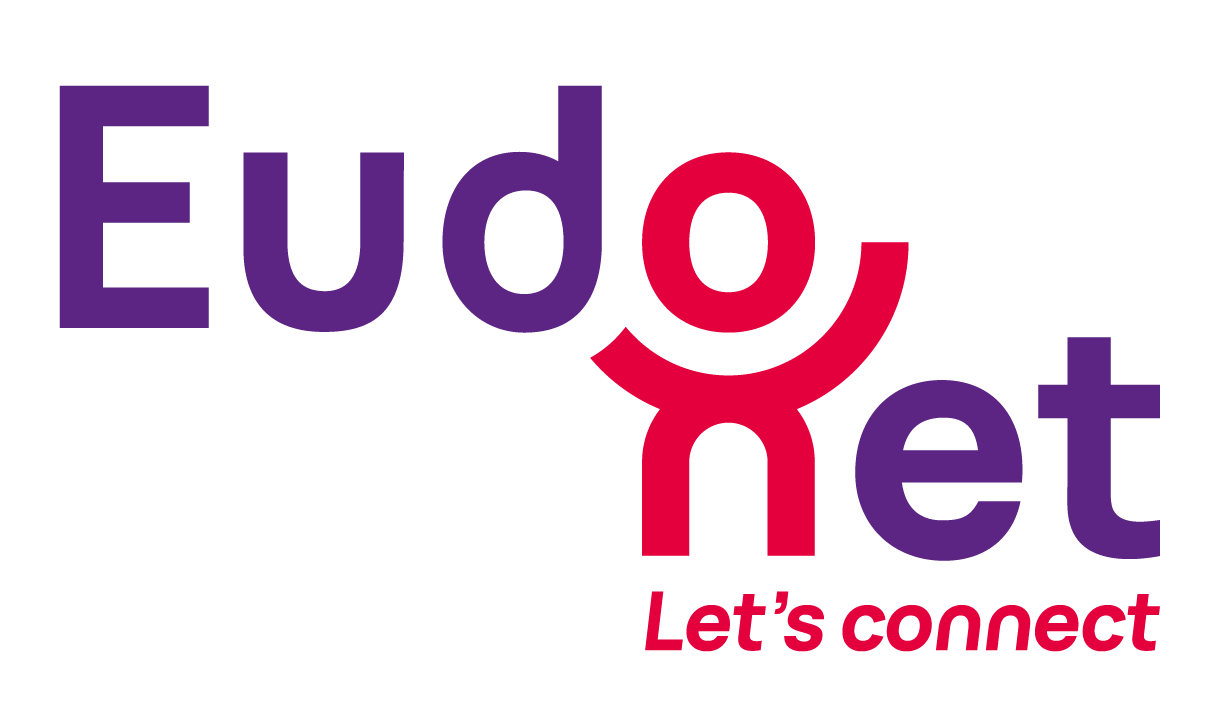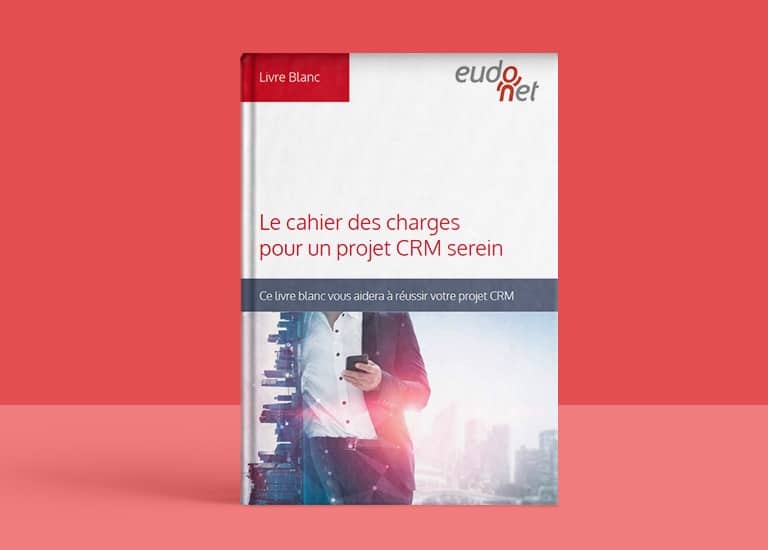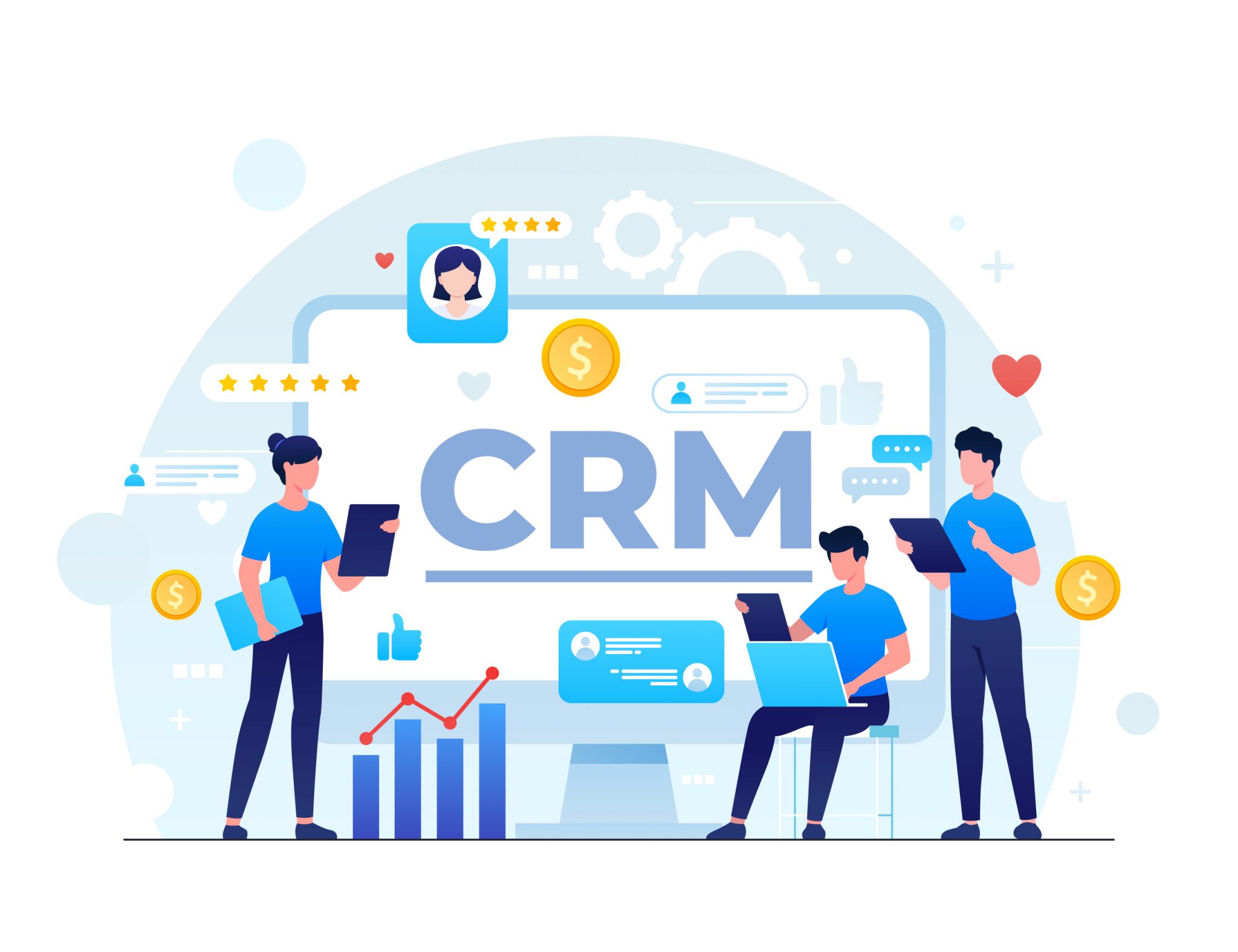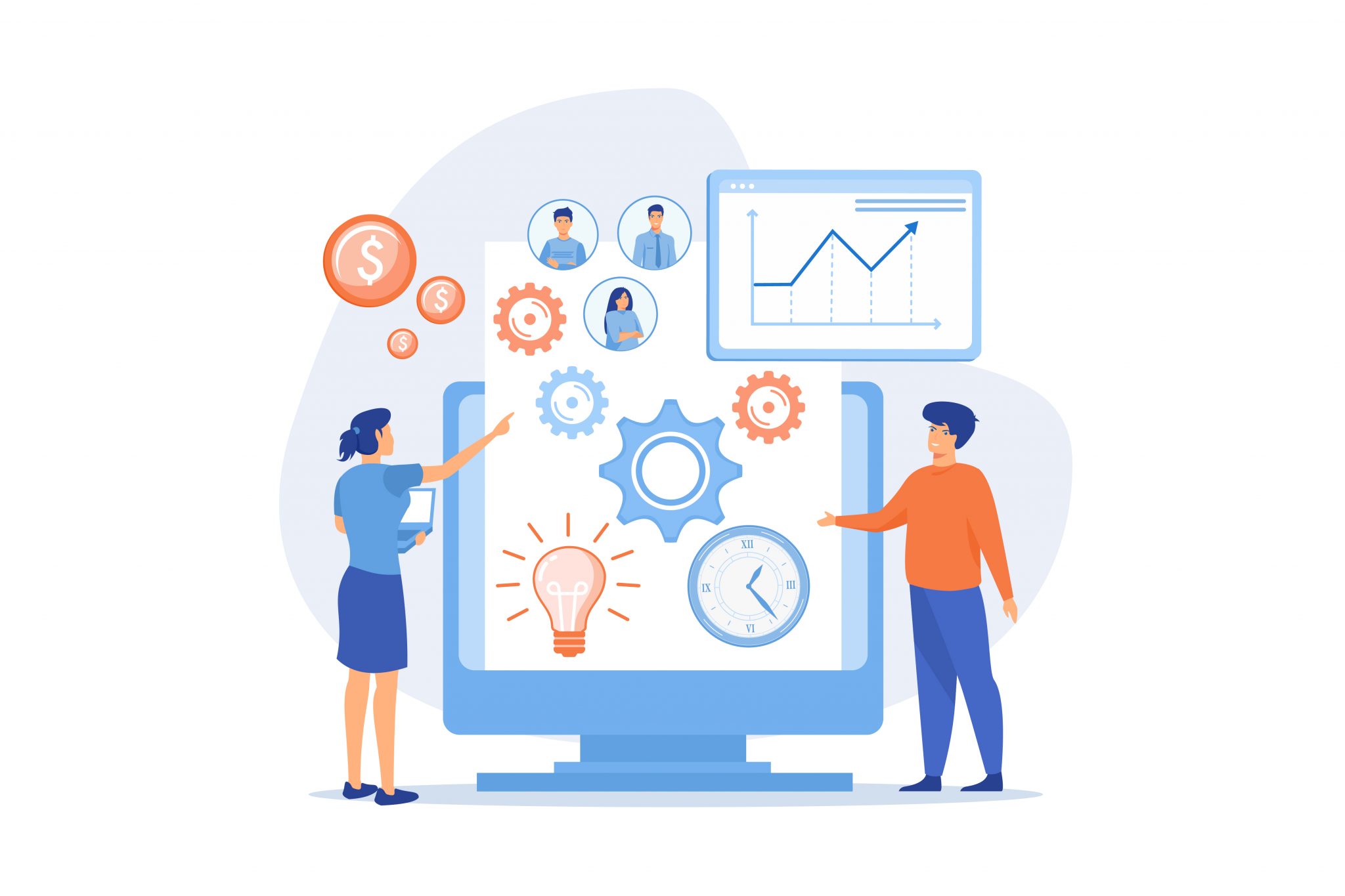Drawing on its experience working with clients from various industries, sizes, expectations and demands, Eudonet has developed a project methodology that allows for quick and efficient implementation of its software. This method is based on breaking down the project into four major stages: project framing and launch, functional and technical specifications, testing and acceptance, deployment of the tool and change management support.
In addition to this project phasing, we provide below some key success factors for a CRM project
Define specific objectives and frame the project
The first step is to precisely define the objectives of implementing the Eudonet solution. Ideally, these objectives should be quantifiable and measurable. For example: “Eudonet should allow us to prospect efficiently by increasing the number of daily calls made by 10%”.
On Eudonet’s side, the objective is to provide future users with an ergonomic and simple tool while respecting the cost, quality, and deadline constraints set by the project sponsors internally.
With the objectives set and known to all, framing is crucial before starting the project. During this phase, our teams and those of the client agree on:
- The exhaustive list of actions to be taken
- The determination of the major project phases and the association of client and Eudonet resources to anticipate workload
- The deliverables provided: objectives, format, content
- The realization dates – Project Schedule
- The risk factors and associated preventive actions.
Marketing and Key Players in the Project
COMMUNICATE IN ADVANCE
The success of a project is measured in part by the degree of user adoption of the new tool. The Eudonet teams advise you to communicate very early on with future users about the project objectives, the choice of solution, and future implications…
To do this, launch meetings are held and communication materials are offered to animate and generate interest among future users.
KEEPING EVERYONE INFORMED DURING THE PROJECT
The choice of project sponsors, functional and technical referents is a key success factor for the project. For project management, particularly in terms of functional and technical specifications, testing, and production deployment, it is wise to choose people with good interpersonal skills, a thorough understanding of internal processes and business, and some IT sensitivity.
Regular meetings during the project allow for maintaining a work rhythm and widely sharing information. These exchanges should then be disseminated through minutes or specific email templates for the project.
ANIMATE AND DEVELOP
Once the tool is implemented, an administrator must be identified internally to ensure its follow-up and evolution.
A personalized training plan must be created, involving project sponsors, encountered referents, and future tool administrators.
A change management period is systematically planned to provide thematic training, adapt the tool to more specific needs and changes in business and organization.
Essential tools for project management
In order to ensure the success of the Eudonet project, our teams provide the client with many tools, including:
- An exhaustive list of actions to be taken
- A shared and regularly updated project schedule
- An iterative method of configuration, with immediate access to the prototype
- A project management database – EudoProject: a directory of project teams, centralization of documentation, quality monitoring, sharing of knowledge…
- A project team forum (EudoForum) allowing for interactive dialogue
- Intelligent data recovery – Data recovery plan
Want to learn more?
Discover our white paper dedicated to “The specifications document for a serene project”.

 By Marc Thévenin
By Marc Thévenin 




